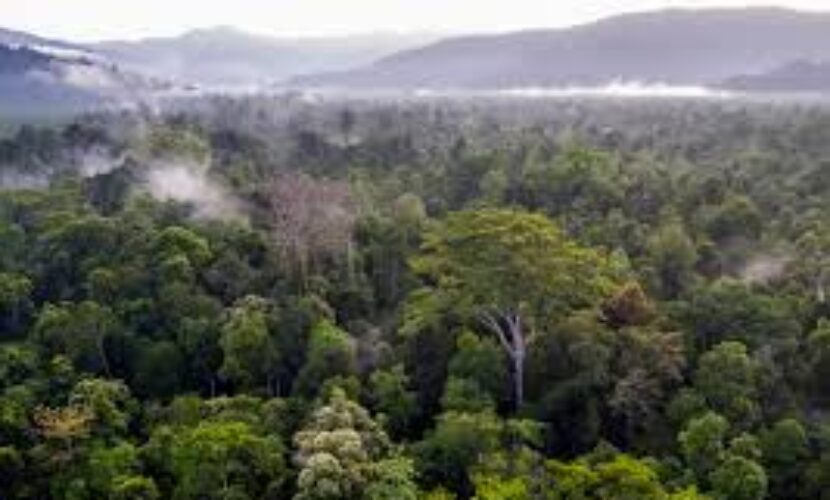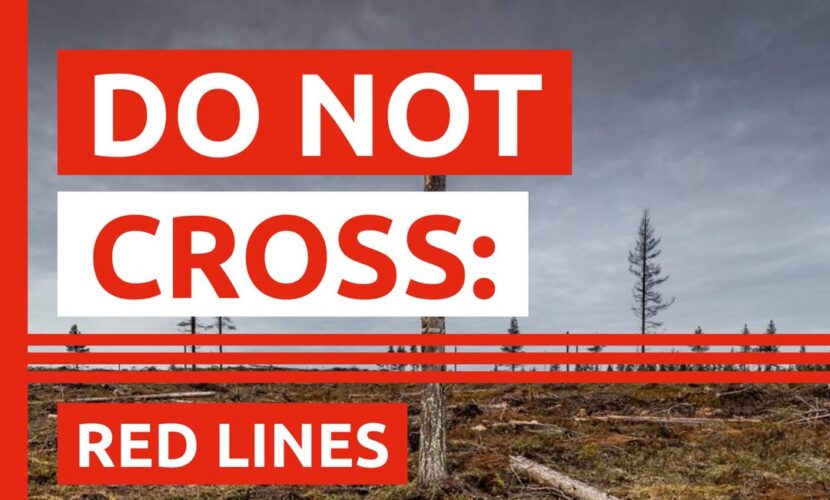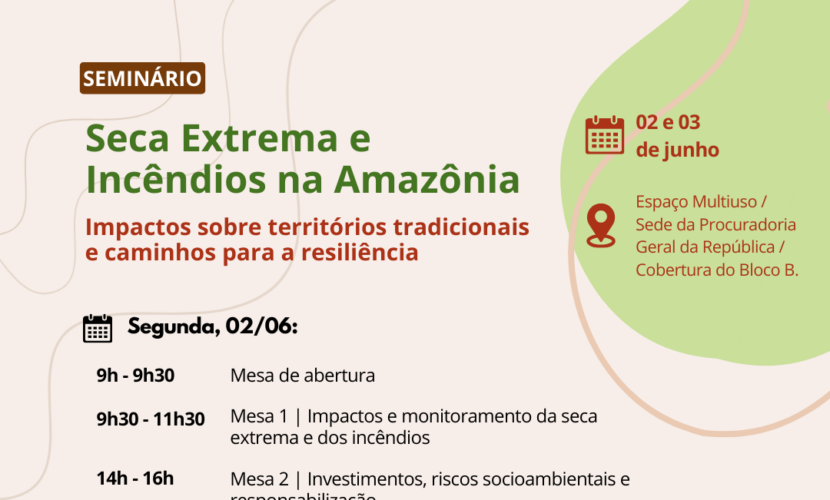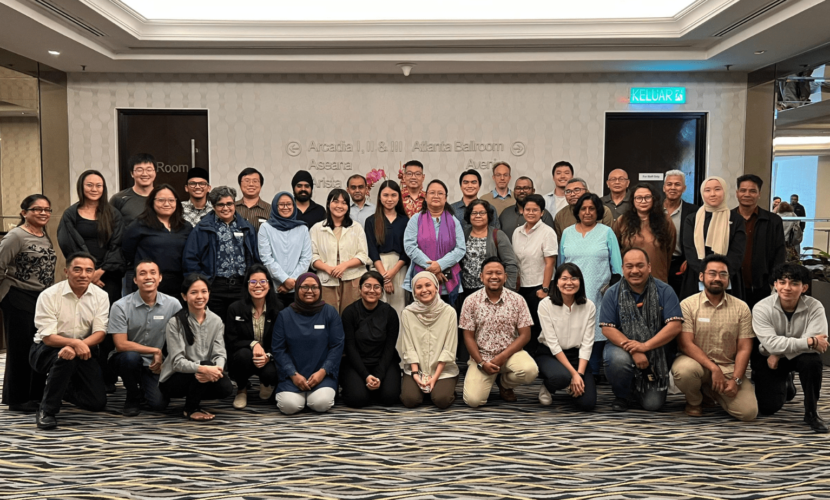News
TuK’s Assessment on OJK’s Launch of the Taxonomy for Sustainable Finance Indonesia
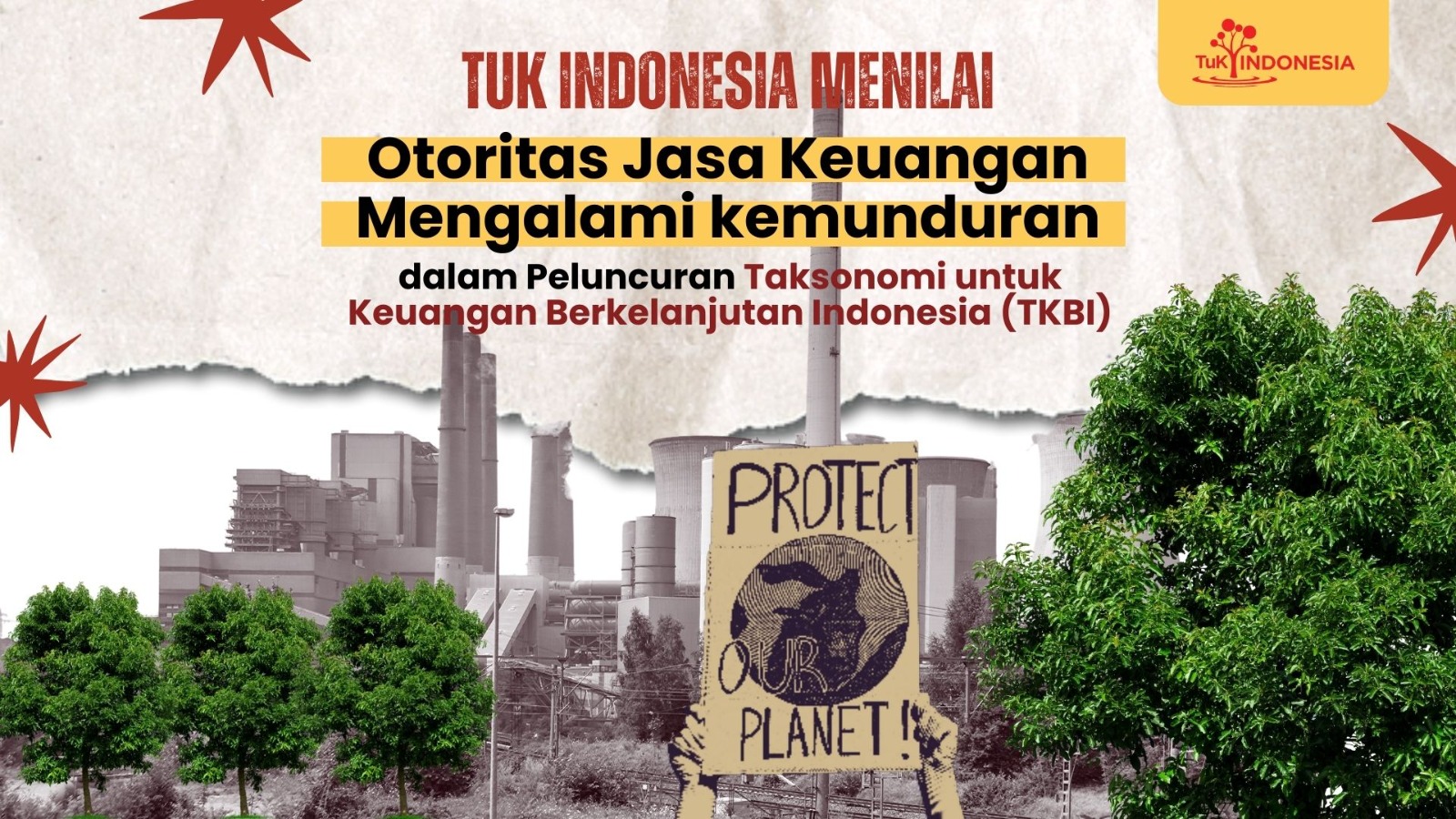
This post was originally published by TuK Indonesia
Transformasi untuk Keadilan (TuK) Indonesia expresses its disappointment with the Taxonomy for Sustainable Finance Indonesia (TKBI) launched by the Financial Services Authority (OJK) on February 20, 2024. TuK assesses that OJK’s update of the Indonesian Green Taxonomy (THI) as TKBI represents a regression.
“The taxonomy update should have yielded positive progress, instead of creating ambiguity with the ‘Transition’ category. The ‘Red-Yellow-Green’ classification is crucial for providing clear and detailed information, especially considering that TKBI’s specific objectives include minimizing misinterpretations, greenwashing, social washing, and impact washing with a science-based framework,” said Linda Rosalina, Executive Director of TuK INDONESIA.
TuK INDONESIA’s disappointment with TKBI is based on the following reasons.
- OJK’s Inconsistent Stance on Sustainable Finance in Indonesia – The Pilot Project Report on THI Reporting (OJK, 2022) revealed that the credit/financing portfolio for economic sectors classified as “Red” or “Yellow” has a higher Non-Performing Loan (NPL) ratio than the “Green” classification. The blurring of classification through the “Transition” category in TKBI raises concerns about transparency and risk. The lack of transparency in OJK’s classification system can hinder proper investment/lending decision-making. This ambiguity also potentially leads to “greenwashing” practices that harm various parties, including the state, society, and the financial sector.
- Potential for Increasing Deforestation – The “Green” and “Transition” classifications in TKBI potentially trigger massive deforestation. High-risk economic activities for the environment, such as mining, can be classified into the “Green” and “Transition” categories. A report by Stefan Giljum from the Institute for Ecological Economics, Vienna University of Economics and Business, Austria, shows that Indonesia is the largest contributor (58.2 percent) of tropical forest deforestation caused by the mining industry throughout the world. This demonstrates OJK’s inconsistency in supporting the objectives of the Paris Agreement, which has been ratified by Indonesia itself. The Paris Agreement includes a convention to reduce emissions from activities related to deforestation and forest degradation.
- Ignoring Facts on the Deadly Mining and Quarrying Sector – When the THI, which classified mining and quarrying as high-risk activities for the environment, was in effect, bank credit to this industry reached Rp256.41 billion in May 2023. This figure shows a significant increase compared to the same period the previous year of Rp187.43 billion (OJK, 2023). Therefore, the lack of clarity in the TKBI classification is feared to encourage a significant increase in financing by Indonesian banks for high-risk mining businesses. This situation also shows a gap between OJK’s policies and Indonesia’s environmental objectives. OJK’s policy ignores the air pollution impact of the mining sector, such as the nickel industry that uses coal, which is predicted to cause 3,800 premature deaths in affected areas by 2025 and will increase to 5,000 cases by 2030 (CREA and CELIOS, 2024).
- Unclear Grievance Mechanism – TKBI does not provide a grievance mechanism accessible to the public, including vulnerable and marginalized groups. This makes it difficult for the public to voice their complaints and obtain solutions to the negative environmental and social impacts of economic activities. Furthermore, OJK seems to be shirking responsibility for the grievance handling process by giving authority to economic actors with potential negative environmental and social impacts to review complaints and grievances from surrounding communities regarding their economic activities.
- Lack of Sanctions and Incentives – TKBI does not have any provisions for sanctions or fines for non-compliant users. The use of TKBI is voluntary (industry-driven or market-driven). This is feared to hinder the transition to just economic activity and sustainable business practices. In addition, in a positive context, the implementation of TKBI does not provide a significant impact in the form of incentives or other forms of appreciation.
- TuK INDONESIA recommends several steps to address the shortcomings of TKBI, including:
- Presenting activities assessed as “non-eligible” as a separate classification to avoid ambiguity and provide a clearer position;
- Making TKBI a mandatory regulation for business actors in the financial sector to accelerate the transition of economic practices towards sustainability;
- Providing a grievance mechanism easily accessible to the public to voice complaints and obtain solutions to the negative environmental and social impacts of economic activities from industry players;
- Establishing sanctions and incentives for TKBI users to ensure compliance and encourage the transition towards sustainable economic practices; and
- Enacting financing restrictions based on economic activity classifications.
TuK INDONESIA urges OJK to immediately review the TKBI and ensure that it truly drives just energy transitions and sustainable economic practices in Indonesia.


